How will the theatre look after lockdown? A clue emerges in a statement made by Guy Jones, the literary associate of the Orange Tree in Richmond. ‘The victims of this year are many. Homelessness is on the rise, loneliness is deadly, the monster of racism lurks in every-day interactions… and many of the inequalities we live with are written into the systems in which we are asked to participate.’
‘The victims’. That’s his starting point. It might seem odd that a theatre should prioritise the injured and the aggrieved, as if the stage were a tribunal or a public court where justice is dispensed. But that’s how theatres see themselves. Lockdown and the rise of BLM in 2020 have created a host of new causes to be fought over by snarling dramatists. Meanwhile, words like ‘showbiz’, ‘entertainment’ and ‘fun’ are almost taboo. The boss of the Old Vic, Matthew Warchus, seems to shudder at the thought of giving an audience a good time. ‘Intelligent entertainment is a transformative necessity, not a luxury,’ he says sternly on the theatre’s website. ‘Fiction can change individuals and societies for the better.’ Where’s the evidence for this? Russia in 1900 had, arguably, the greatest fictional back-catalogue in the world but that didn’t change its society ‘for the better’ during the 20th century.
Warchus is, perhaps, the type of activist who falls for his own half-truths. Large parts of our theatrical culture have been captured by pamphleteers and political dabblers who hate pleasure and want to foment a revolution. Log on to the National Theatre and you’ll find a website that looks like a news channel. ‘National Theatre declares climate emergency,’ it says. Where did it acquire that level of expertise, and why does it consider itself an authority on science? No one else does. The site also features a denunciation by the boss, Rufus Norris, of sexual bullying. Fair enough. But a futile gesture. Sexual harassment is a crime. If staff at the NT are molesting the actresses, the police should be called. Getting the boss to pose for a close-up like a Wild West sheriff chasing the bad guys out of town is an absurdity.
The Young Vic under Kwame Kwei-Armah has become BLM’s semi-official London headquarters (a description he would probably relish). Forthcoming shows include Soon Gone: A Windrush Chronicleand a refugee play, Freedom Project: grave, no doubt important subjects more suited to an investigation by a parliamentary committee than a theatre.
Other playhouses are trilling from the same song-sheet. Hampstead Theatre’s home page announces The Death of a Black Man, written in 1975. Over at Stratford East you can look forward to The Sun, the Moon, and the Stars, which is billed as ‘a woman’s quest for justice after the racially motivated murder of her twin brother’. Three other new shows are on offer. Extinct asks why Green activists break the law when tackling climate change. After the End is about two colleagues trapped in a fall-out shelter with no food in the wake of a nuclear attack. (This is billed as a comedy.) And there’s Hysterical! A History of Hysteria (reviewed in these pages last week), which is another woman’s ‘personal quest’. The performer wants to ‘shake off a label that has been placed on women for more than 2,500 years’.
These three plays encapsulate the theatre’s current obsessions: race-hate, climate panic and psychological meltdown. None of them is remotely conducive to a fun night out. And naturally Matthew Warchus has snapped into line at the Old Vic. He offers a filmed monologue, Burn, about ‘changing attitudes around mental health and addiction’, which includes a scene where a depressed woman of colour has a nightmare and screams, ‘The world’s on fire!’ His theatre also advertises a show called Aisha about ‘the history of Black women’s political power’.
At Shepherd’s Bush, the local playhouse is so convinced of its moral excellence that it supports prejudice without realising it. The Bush offers bursaries of £7,500 to theatre–makers with ‘Black, Asian, Minority Ethnic and Refugee’ status. No whites, in other words. So there it is. Systemic racism but with a smiley face. A different sort of systemic racism. Kind, caring, helpful systemic racism. Trying its best. But the result is the same — a colour bar. So if there’s a young Joan Littlewood or a budding Caryl Churchill in Shepherd’s Bush, the local theatre will shut her out. In the end it doesn’t matter to individuals with talent because they’ll always find a way. But it’s sad to see the Bush practising apartheid rather than championing art.
Most subsidised theatres appear to have copied their manifestos from a single source. They use the same glib boasts about their work: ‘daring… disruptive… open–minded… ground-breaking… fearless… internationalist’. Some of them mention a taste for ‘unintimidating’ drama. This is code for self-censorship, of course. And it’s clear that theatres monitor their output very carefully, and that they work from a narrow and inflexible creed. Here it is, roughly.
Migrants are saints. Cops are evil. The planet’s dying. The poor are exploited. Human biology is sexist. Refugees are cool. Everyone needs a therapist. Brexiteers are angry xenophobes. Britain is full of white bigots but mysteriously free of prejudice imported from other cultures. All religions are absurd apart from Islam and the Green craze, which are sacrosanct. It’s right to praise the EU, Jeremy Corbyn, trans women and BLM. And anyone who challenges this catechism is a dangerous lunatic who needs re-education or a spell in jail.
It’s likely that theatre-makers know, at some instinctive level, that they have little chance of reshaping Britain according to this belief system. They’re simply too far from the levers of power. The primary engines of change are parliament and Whitehall. At the next remove are the broadcasters and newspapers. Then the boardrooms of the tech giants and other multinationals. After that, charities, thinktanks and lobby groups. The theatre is perhaps next in line, fifth, but its audiences are small and its voice doesn’t reach beyond its own cosy clubhouse. The fact is that the theatre has as much impact on society as jazz has on gardening.
And because its interests are so narrow, the number of topics it disregards is vast. Can you imagine a play that looks at Islam’s attitude to homosexuality, or a script that criticises the NHS, or a show that questions the role of migrant charities in facilitating people smugglers? It couldn’t happen. How about a drama set in a village that resists an aggressive traveller camp, or a monologue by a former trans woman who regrets having surgery, or a show that asks if Donald Trump actually won that election, or a drama exposing the fight against climate change as a power-grab by predatory multinationals?
Such ideas are unthinkable. And yet issues like this are discussed daily up and down the land. Theatres avoid them. And so people avoid theatres. Our subsidised theatre has become an expensive irrelevance, a gilded junk shop full of high-cost, low-value trinkets, reserved for a privileged elite. And all the talk of audacious, radical, pluralist drama should be dismissed. The reality is that our theatres are run by small-minded, ultra-conservative, brain-dead scaredy-cats.
Got something to add? Join the discussion and comment below.
Get 10 issues for just $10
Subscribe to The Spectator Australia today for the next 10 magazine issues, plus full online access, for just $10.
You might disagree with half of it, but you’ll enjoy reading all of it. Try your first month for free, then just $2 a week for the remainder of your first year.

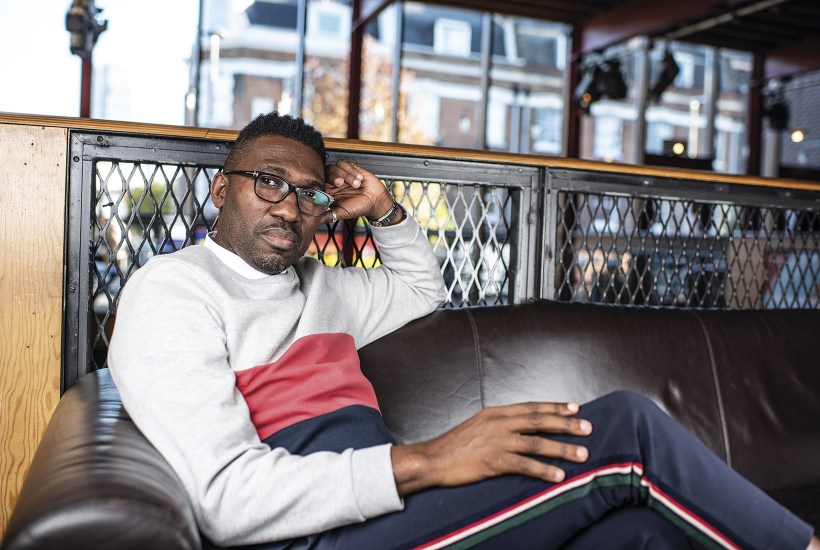
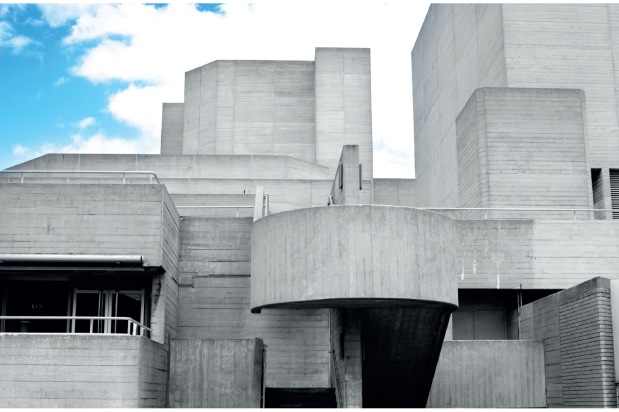
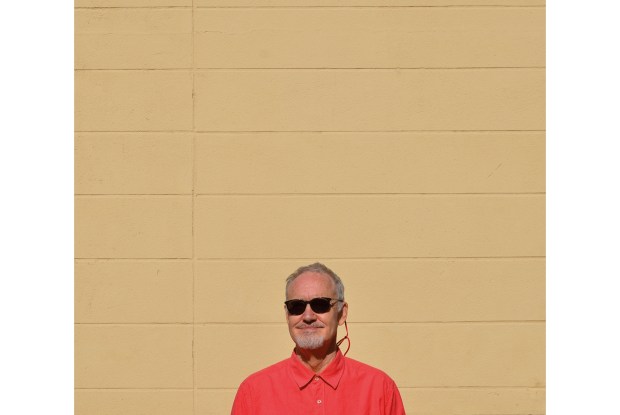
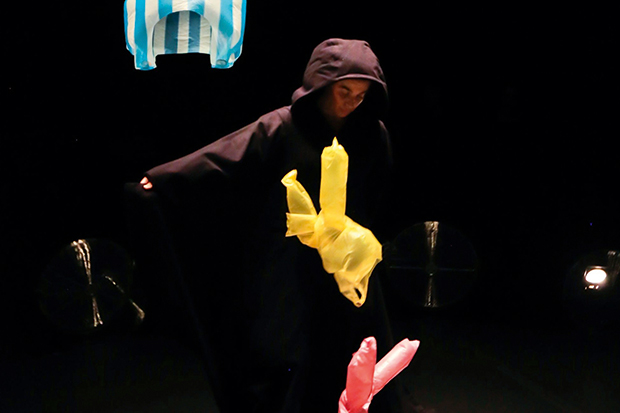
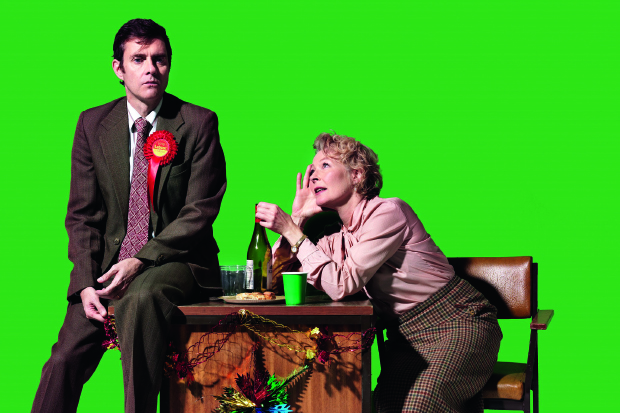
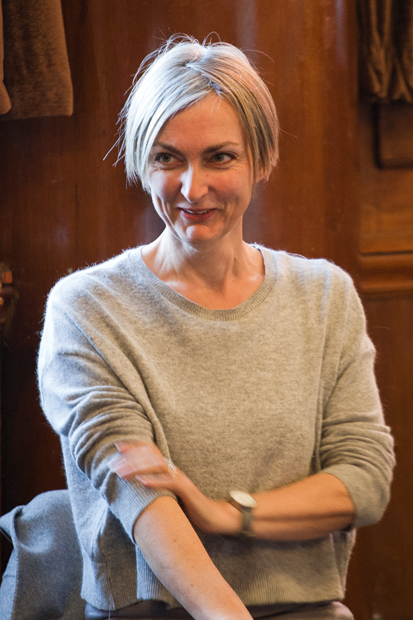
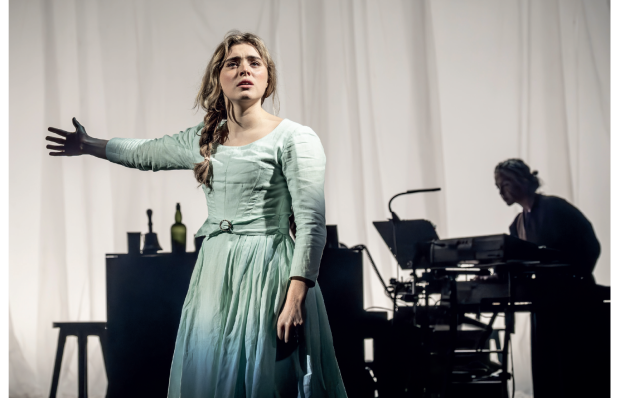






Comments
Don't miss out
Join the conversation with other Spectator Australia readers. Subscribe to leave a comment.
SUBSCRIBEAlready a subscriber? Log in